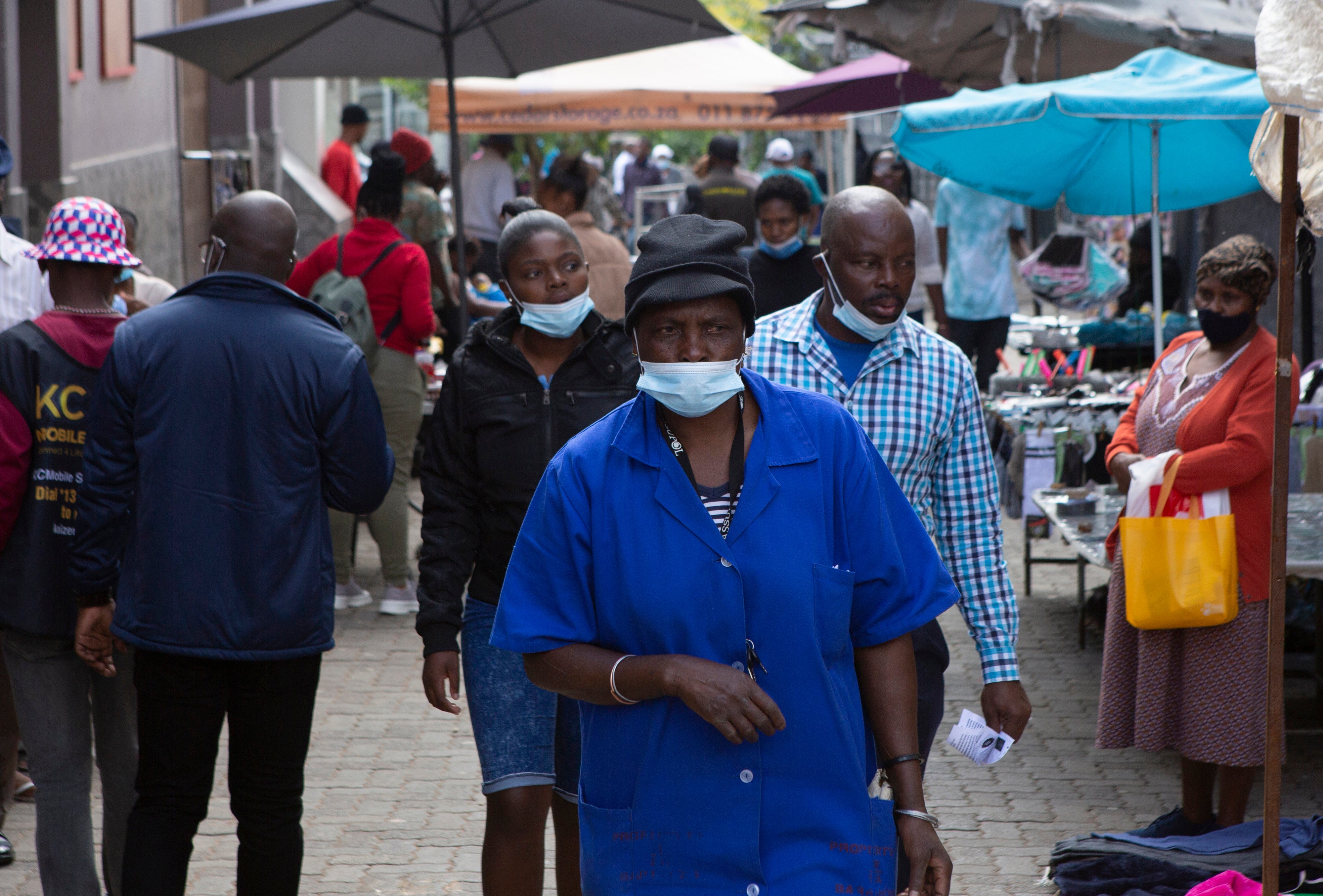Citing decreasing COVID cases, South Africa ends emergency
With declining cases of COVID-19, South Africa has ended its national state of disaster, the legal framework used for two years to impose restrictions to combat the pandemic

With declining cases of COVID-19, South Africa on Tuesday ended its national state of disaster, the legal framework used for two years to impose restrictions to combat the pandemic.
South African sports fans can now return to stadiums in large numbers to watch soccer, rugby and cricket matches. Sports venues can take up to 50% of capacity with people who show proof of vaccination or a negative PCR test done within 72 hours.
Most restrictions will be lifted, but people will be required to wear masks in indoor public spaces. International travelers must provide proof of vaccination or a negative PCR test done within 72 hours.
“While the pandemic is not over, and while the virus remains among us, these conditions no longer require that we remain in a national state of disaster," President Cyril Ramaphosa said in a nationally televised speech Monday night. “Going forward, the pandemic will be managed in terms of the national health act.”
The government used the state of disaster to impose some of the world's toughest COVID-19 restrictions, including bans on the sales of alcohol and cigarettes and a night curfew.
South Africa, with 60 million people, has been hardest hit by the virus in the continent. More than 100,000 people have died from the disease in the country, which has recorded more than 3.7 million infections since 2020. These official figures are widely believed to be considerably less than the actual numbers, as many cases of the disease have not been recorded, according to health experts.
“We will still be required to wear a face mask in an indoor public space. This is necessary to prevent transmission in high-risk places, especially while many people remain unvaccinated,” said Ramaphosa.
Opposition parties, which have been pressuring the government to lift the state of disaster, have widely welcomed the government’s decisions. It has also been welcomed by the business and tourism sector, saying it would pave the way for the country’s economic recovery after it lost an estimated 2 million jobs during the pandemic.
___
Follow news of the COVID-19 pandemic: https://apnews.com/hub/coronavirus-pandemic
Bookmark popover
Removed from bookmarks